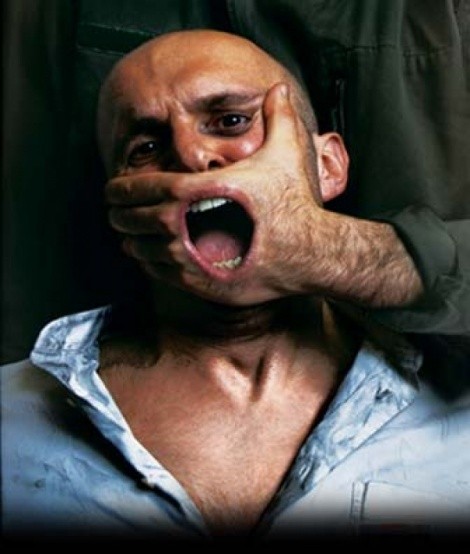Buzz Blog

I don't know whether to scream with anger or run off to Mexico, but two Salt Lake Tribune reporters narrowly escaped federal court sanctions today for an activity I do all the time: report electronically from inside the court room.---
According to the Trib's venerable blogger Glen Warchol, Trib reporters Steve Gehrke and Sheena McFarland had the audacity to e-mail reports of the Elizabeth Smart hearing today from the courtroom to the newsroom, who surely pushed that information onto the Web, Twitter and every other e-corner they can think of. U.S. District Judge Dale Kimball apparently complained that this violated his decorum order for the hearing.%uFFFD
Come on, Kimball, that's a public court room and the public has right to know--RIGHT NOW--what is going on in there. Don't forget who paid your paycheck, and continues to pay it.%uFFFD
So obviously bringing a laptop into the courtroom did not violate Kimball's decorum order otherwise a bailiff would have asked the reporters to put away the laptops. So it's just the immediacy of the reporting, as far as I can muster, that bothers Kimball.
I'm not convinced--not one bit--that the sanctity of the courtroom is protected by delaying reporting of testimony by a half-hour, i.e., waiting until the hearing is over to click "send."
I'll be the first one to say, publicly, loudly, even angrily, that court room policies need to allow the public in. If the public can only get into the courtroom via a reporter's e-mail, or Tweet, or Facebook update then let it be. I also, for the record, support TV video cameras in the court room, but that's another subject entirely.
So, Kimball, please cool it. Get a grip, your honor. E-mailing is a silent activity. It does not disturb the sanctity of your hearing.
While you're at it, let cell phones back into your courtroom, too.
Not so long ago, was it 2008? (I have first-hand knowledge but slipping memory), the U.S. District Court for the District of Utah banned cell phones inside the court house. It's a wild double standard because attorneys are still allowed to bring their cell phones, but the public and journalists must check them at the front door. The change in policy came after someone went ballistic when a member of the public allegedly snapped a cell phone picture of a judge. I'm rolling my eyes, but you can't see it.
Fact is, dear readers, I've live-Tweeted just about every high-profile state court hearing I've been to since I joined Twitter earlier this year (the state courts allow cell phones). Tweeting is a silent activity like e-mailing that does not disrupt court room proceedings and engages the public in their justice system in profound ways. When I Tweeted the "not guilty" verdict in the DJ Bell trial, dozens of people passed that information to their friends in an instant and I got several thank-yous as well. By the time the Trib and DNews had their Bell stories on the web, the entire local Twittersphere already knew the outcome. It didn't disturb the trial, but it engaged the public--which is a good thing.%uFFFD
Kimball, I doubt, realizes this. And that's too bad.
Image from Reporters Without Borders
